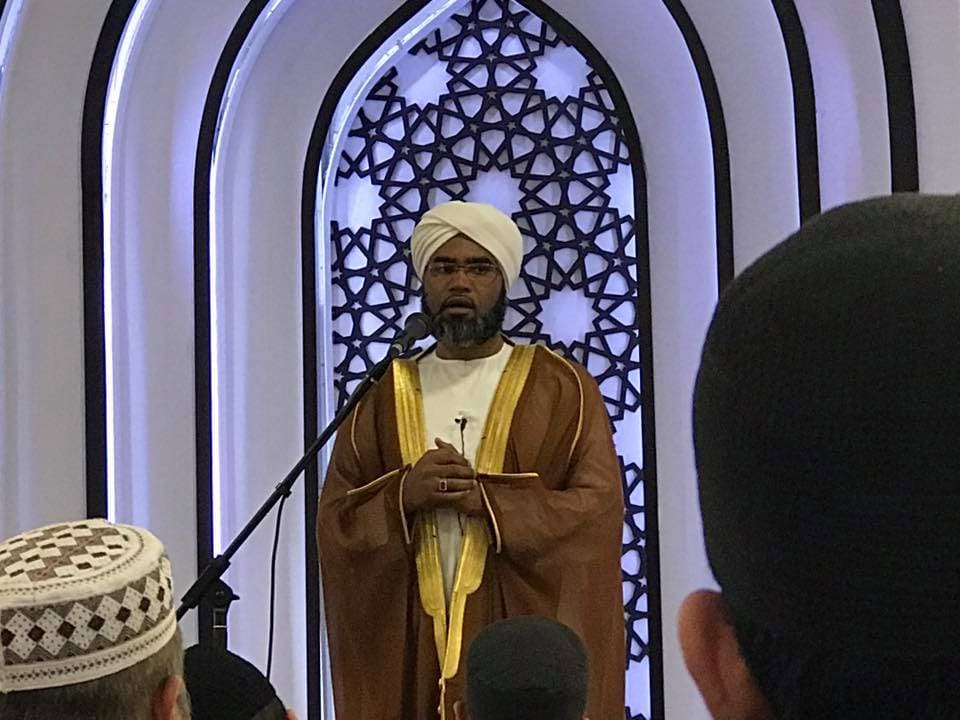Can I Speak Quietly during the Sermon (Khutba)?
Hanafi Fiqh
Answered by Shaykh Yusuf Weltch
Question
Am I required to pray for blessings silently or loudly for my fellow Muslims if I admire them during the khutba?
Answer
In the Name of Allah, the Most Merciful and Compassionate
No Speaking During the Sermon
It is prohibitively disliked to speak during the Friday sermon (khutba).
The Messenger of Allah (may Allah bless him and give him peace) said, “If you say to your companion on the day of Jumu’a, while the Imam is delivering the sermon, ‘Be quiet!’—you have rendered your reward void.” [Bukhari]
Exception
The exception to the above is only when quietly saying prayers on the Prophet (may Allah bless him and give him peace) when the following verse of the Quran is recited in the sermon:
Allah Most High says, “Indeed, Allah showers His blessings upon the Prophet, and His angels pray for him. O believers! Invoke Allah’s blessings upon him, and salute him with worthy greetings of peace.” [Quran; 33:56]
In The Heart
All other speech that is relevant to the sermon, such as saying “Amin” to the supplications, sending prayers on the Prophet (may Allah bless him and give him peace) when his name is mentioned, making du’a during the Imam’s sitting, etc… should be done silently in one’s heart.
Likewise, praying for blessings for others, praising Allah when sneezing, replying to Salam, etc… are done in the heart.
Hope this helps
Allah knows best
[Shaykh] Yusuf Weltch
Checked and Approved by Shaykh Faraz Rabbani
Shaykh Yusuf Weltch is a teacher of Arabic, Islamic law, and spirituality. After accepting Islam in 2008, he then completed four years at the Darul Uloom seminary in New York, where he studied Arabic and the traditional sciences. He then traveled to Tarim, Yemen, where he stayed for three years studying in Dar Al-Mustafa under some of the greatest scholars of our time, including Habib Umar Bin Hafiz, Habib Kadhim al-Saqqaf, and Shaykh Umar al-Khatib. In Tarim, Shaykh Yusuf completed the memorization of the Quran and studied beliefs, legal methodology, hadith methodology, Quranic exegesis, Islamic history, and a number of texts on spirituality. He joined the SeekersGuidance faculty in the summer of 2019.
